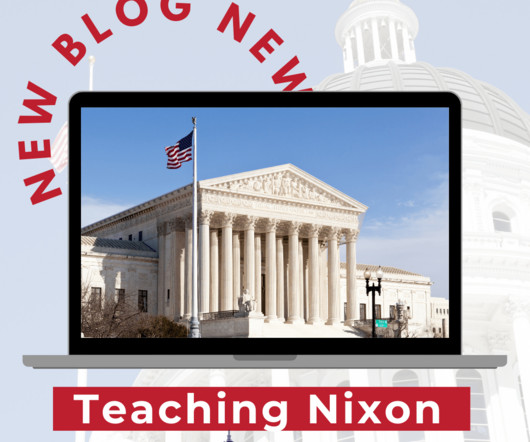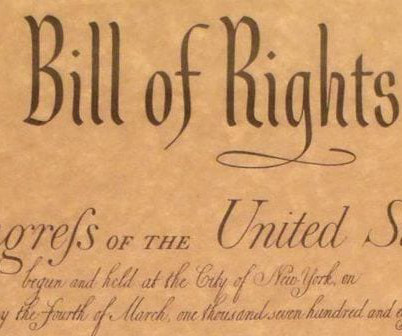Teaching Nixon
Passion for Social Studies
JANUARY 11, 2025
For example, teaching Nixon is a crucial aspect of American history due to his leadership, insights, and evolution of politics. Critical Thinking about Leadership and Accountability Nixons time in office allows students to think critically about leadership, ethics, and the concept of accountability in government.













Let's personalize your content